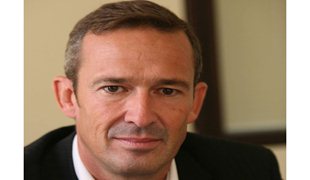Square 1 Products has been appointed as official distributor for digital signage software developer Repeat Software, provider of Repeat Signage, a globally recognised brand with a range of presentation applications that support educational, commercial and corporate environments and niche markets.
The application enables the user freedom to place images, videos, PDF files and even web pages anywhere on screen, pixel by pixel, and within their screen's resolution.
Darren Aspinall, Head of AV Sales for Square 1 Products, said: "Our decision to welcome Repeat Software as a new vendor to our existing AV portfolio was due to the quality of its product and reputation with reseller support.
"Additionally as we're noticing an escalation with enquires for our digital signage solutions, the Repeat Signage Standard Edition and Professional Edition licence agreements enable us to provide our customers hardware and software bundled solutions for either single monitor, dual monitor or video wall use.
"Reseller demand remains high for our range of digital signage products including LFDs, Touchscreens, OPS Modules and Digital Signage Players, but feedback from resellers servicing public and private sector customers are their requirement is for more than just hardware - they seek overall solutions incorporating hardware, software and services such as installation and maintenance SLAs."
Contact: www.square1products.com

 Distributor Exclusive Networks says strong Q1 growth is down to the growth within regions, general market recovery and strong performance within its vendor portfolio.
Distributor Exclusive Networks says strong Q1 growth is down to the growth within regions, general market recovery and strong performance within its vendor portfolio.